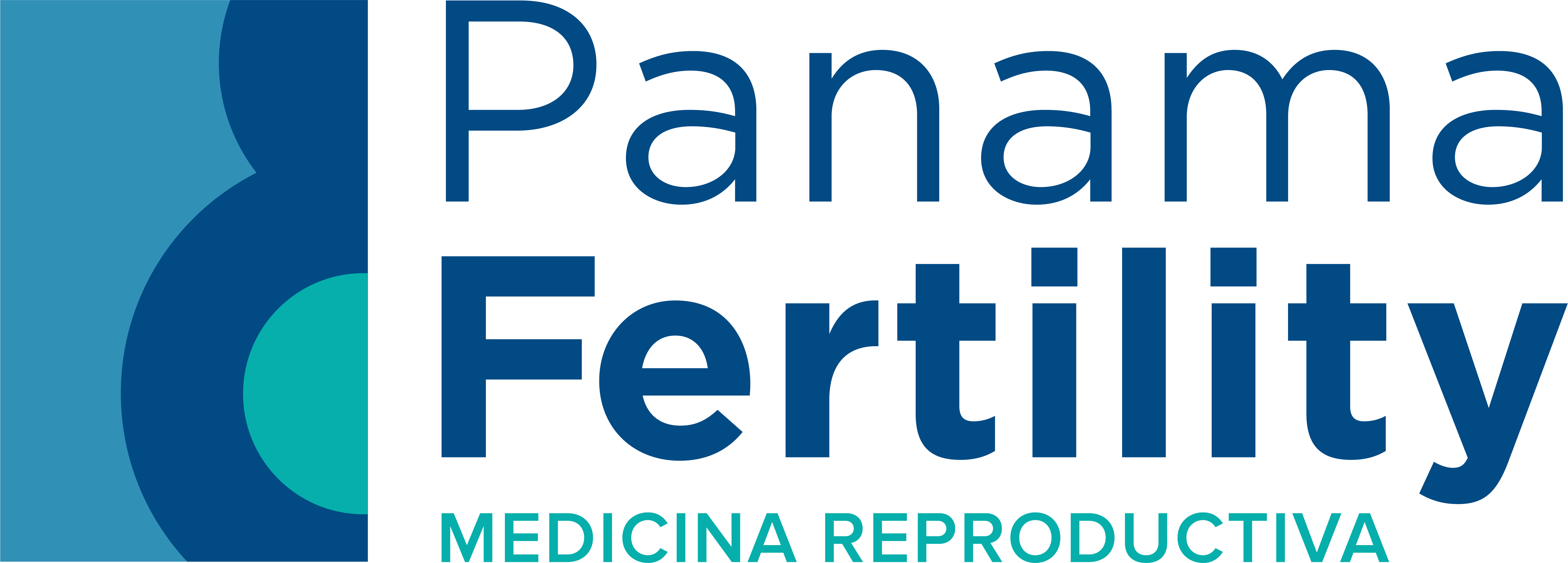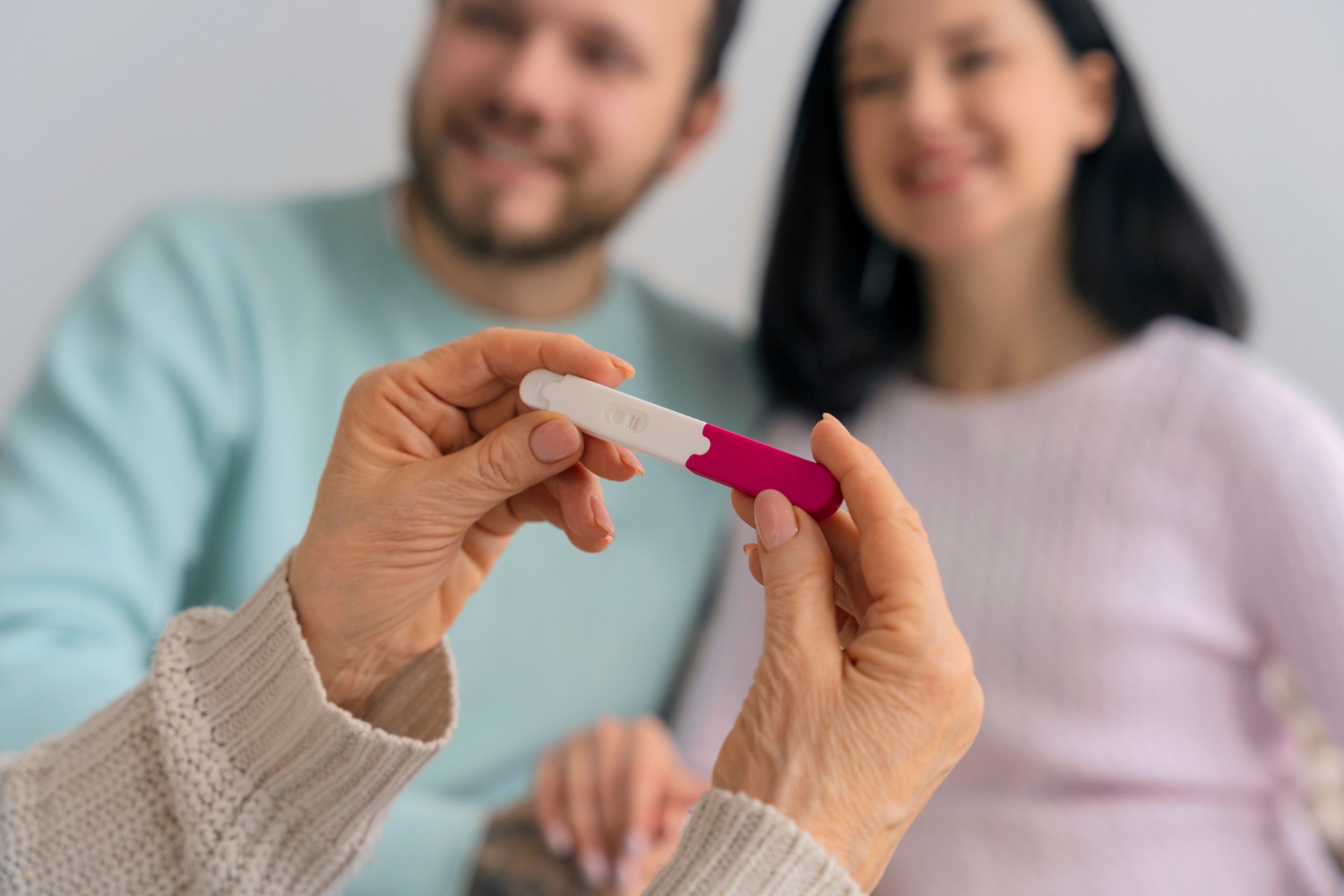Fertility Clinic
Fertility Test for Women: The 2025 Guide to Understanding Your Reproductive Health

What Is a Fertility Test for Women?
A fertility test for women is a medical evaluation designed to assess a woman’s ability to conceive naturally. These tests examine reproductive organs, hormone levels, and egg quality to identify potential causes of infertility or to provide peace of mind for those planning a future pregnancy.
Fertility testing is recommended for women who:
- Have been trying to conceive for 12 months (or 6 months if over age 35).
- Have irregular or absent menstrual cycles.
- Have a history of miscarriages.
- Have conditions like PCOS, endometriosis, or thyroid disorders.
Types of Fertility Tests for Women
1. Blood Tests for Hormone Levels
These measure hormones that play a key role in ovulation and egg quality:
- AMH (Anti-Müllerian Hormone) – Estimates ovarian reserve (number of eggs remaining).
- FSH (Follicle-Stimulating Hormone) – Higher levels may indicate reduced ovarian reserve.
- LH (Luteinizing Hormone) – Helps identify ovulation patterns.
- Estradiol (E2) – Assesses ovarian function.
- Progesterone – Confirms ovulation.
- TSH & Prolactin – Detects thyroid or pituitary gland issues affecting fertility.
2. Ultrasound Scan (Transvaginal Ultrasound)
A high-resolution image of the reproductive organs that checks:
- Number of antral follicles (antral follicle count or AFC).
- Uterine lining thickness.
- Ovarian health and presence of cysts.
3. Hysterosalpingogram (HSG)
An X-ray using contrast dye to determine if fallopian tubes are open and to evaluate the shape of the uterine cavity.
4. Sonohysterogram (Saline Infusion Sonography)
Uses ultrasound with saline to detect fibroids, polyps, or uterine abnormalities that could affect implantation.
5. Hysteroscopy
A minimally invasive procedure where a camera is inserted into the uterus to diagnose or treat abnormalities.
At-Home Fertility Tests for Women
For early screening, several at-home fertility tests are available:
- AMH test kits – Measure ovarian reserve from a blood sample you collect at home.
- Ovulation predictor kits (OPKs) – Detect LH surges to time intercourse.
- Hormone tracking apps – Work alongside wearables or test kits for ongoing monitoring.
While convenient, at-home tests cannot replace a full evaluation by a reproductive specialist.
When to Take a Fertility Test
- Before trying to conceive – Especially for women over 30 who want to plan ahead.
- After 6–12 months of trying – If pregnancy has not occurred.
- With known risk factors – Such as irregular cycles, pelvic infections, or previous reproductive surgeries.
Cost of Fertility Tests for Women
Test Type | Average Cost (U.S.) |
Basic blood work | $150 – $500 |
AMH test | $80 – $200 |
Transvaginal ultrasound | $200 – $500 |
HSG | $500 – $1,000 |
Full fertility workup | $1,000 – $3,000 |
Many insurance plans cover diagnostic testing if infertility is suspected, but coverage varies.
Interpreting Fertility Test Results
Results are best reviewed by a reproductive endocrinologist, who can explain:
- If ovarian reserve is within the expected range.
- Whether hormone levels suggest ovulation problems.
- If anatomical issues like blocked tubes or fibroids are present.
- What treatment options might improve the chances of pregnancy.
Emotional Aspects of Fertility Testing
Undergoing fertility testing can be emotionally challenging. Many women feel anxious while waiting for results. Clinics often provide:
- Counseling services
- Support groups
- Online communities for shared experiences
Improving Fertility Before Testing
Even before fertility testing, women can take proactive steps:
- Maintain a healthy BMI.
- Eat a nutrient-rich diet with folic acid and antioxidants.
- Limit alcohol and caffeine.
- Avoid smoking.
- Manage stress with yoga, meditation, or therapy.
FAQs About Fertility Testing for Women
Yes, but home tests are screening tools and should be followed by a clinical evaluation.
Egg quantity and quality decline with age, especially after 35, but some women conceive naturally later.
AMH is a reliable indicator of ovarian reserve, but not a guarantee of pregnancy potential.
It can identify many causes, but some cases remain unexplained.
Yes — with targeted treatments like ovulation induction, IVF, or lifestyle changes.
Conclusion
A fertility test for women is an essential first step in understanding reproductive health and making informed decisions about family planning. Whether done in a clinic or starting with an at-home kit, early testing can save time, reduce stress, and open doors to effective fertility treatments.
With advancements in reproductive medicine, women today have more tools and options than ever to take control of their fertility journey.
Fertility Clinic
👉 Book your appointment now.

🌟 At Panamá Fertility, we offer tailored treatment plans for women with endometriosis, combining expertise, advanced technology, and compassionate care to help you achieve pregnancy.



